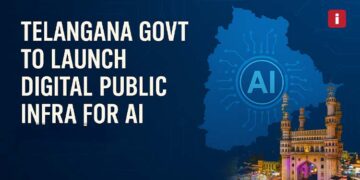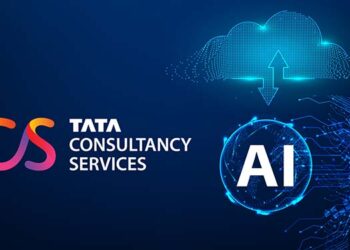The Imperative of STEM in an AI-Driven World
At the recent SXSW London event, Demis Hassabis, CEO of Google DeepMind, delivered a compelling message about the direction students should take to thrive in an increasingly AI-centric world. When asked what he would study if he were a student today, Hassabis emphasized the importance of Science, Technology, Engineering, and Mathematics (STEM) education.
According to Hassabis, these foundational fields provide the essential skills and mindset necessary to understand and innovate within the fast-evolving landscape of artificial intelligence. He described the current era as an “Industrial Revolution of intelligence,” highlighting the scale of transformation AI will bring to industries and society.
Viewing AI as an Augmenter, Not a Threat
Hassabis also addressed widespread concerns about AI’s impact on employment. While acknowledging that automation will change job markets, he urged students and professionals alike to view AI as a collaborative tool rather than a competitor.
This perspective reframes AI as a technology that amplifies human capabilities and creates new opportunities across diverse sectors, from software development and healthcare to finance and logistics.
The Importance of Understanding AI Fundamentals
Beyond merely using AI-powered tools, Hassabis stressed the need for a deeper comprehension of the underlying principles that govern AI systems. He recommended that students cultivate knowledge in disciplines such as mathematics, physics, computer science, and logic.
By grasping these fundamentals, future professionals will not only be able to work effectively with AI technologies but also contribute to their advancement, positioning themselves as innovators rather than passive users.
Preparing for Artificial General Intelligence
One of Hassabis’ most notable insights was his projection that Artificial General Intelligence (AGI)—AI capable of understanding, learning, and applying intelligence on par with humans—may emerge by 2030. This development would mark a profound shift in technology and its integration into daily life and work.
This projection underscores the urgency for today’s students to develop AI literacy and STEM skills to remain competitive in the workforce of the near future.
Conclusion: Shaping the Future Through Education
Demis Hassabis’ message is clear: the future of work and innovation will be shaped by those who understand and collaborate with AI. Prioritizing STEM education and cultivating a fundamental understanding of AI are critical steps for students aiming to build successful careers in this evolving landscape.
Insight Tech Talk remains committed to providing timely, in-depth coverage of AI developments and their implications for education and the workforce. As the world moves towards an AI-integrated future, knowledge and adaptability will be the keys to success.













































